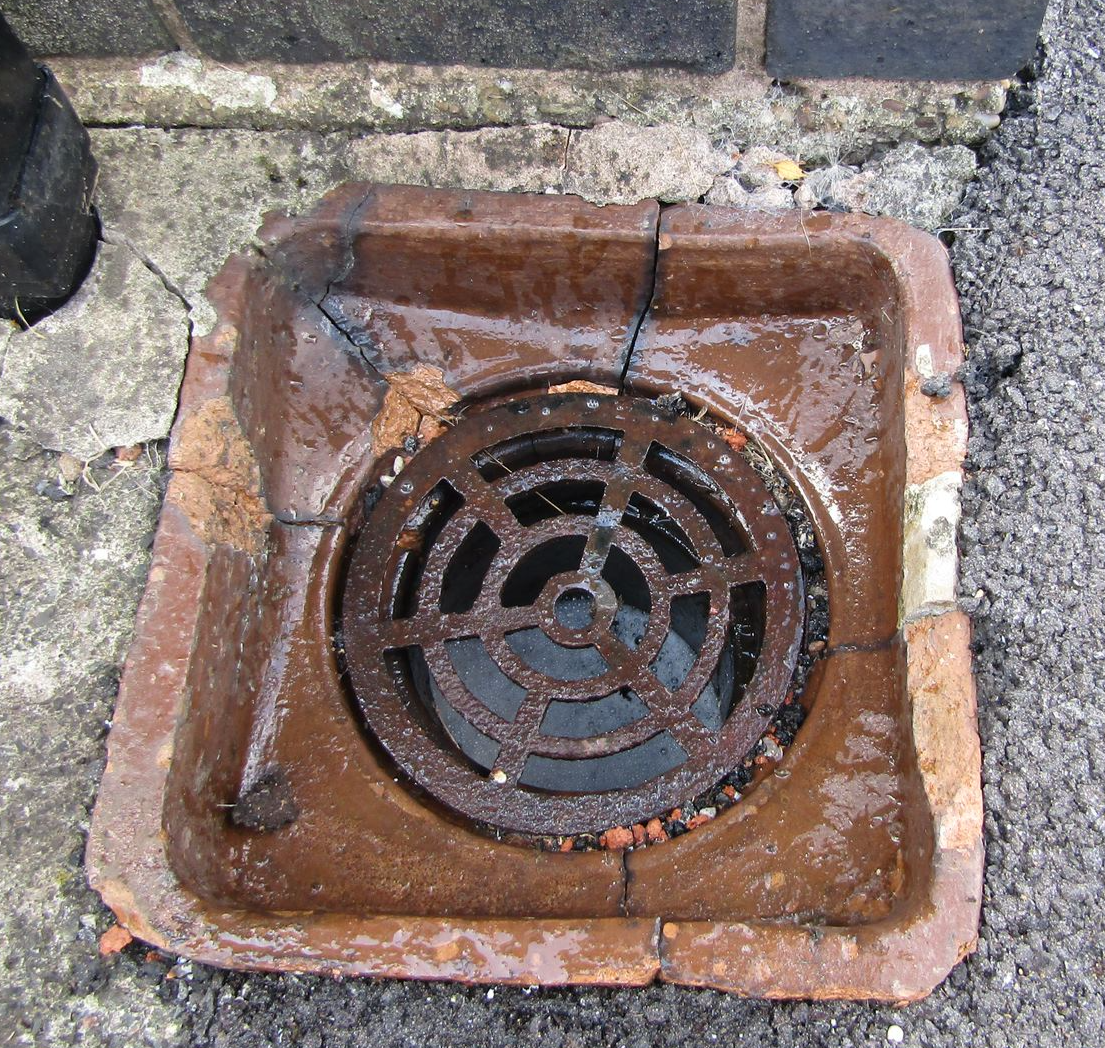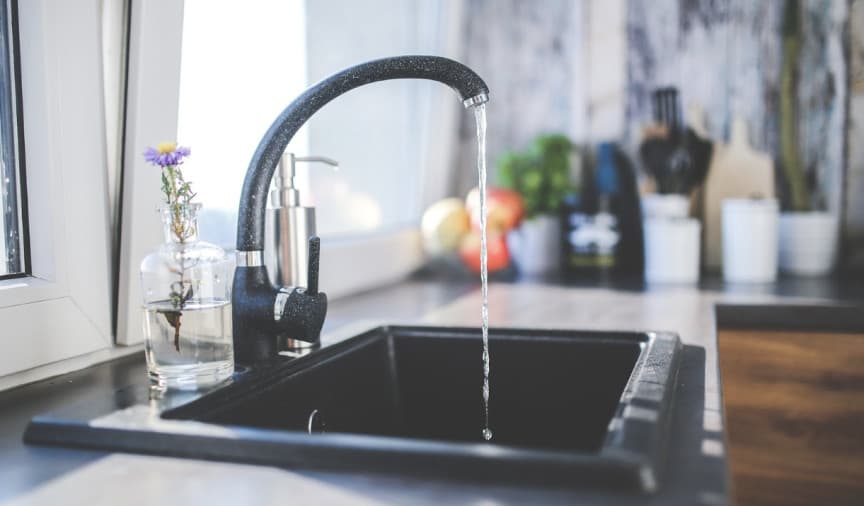Ways to Deal with a Blocked Drain Before Consulting Plumbing Experts
Ways to Deal with a Blocked Drain Before Consulting Plumbing Experts
Blog Article
We've come across the article about Tips for Dealing with Clogged Drains and Sewer Lines listed below on the internet and think it made sense to write about it with you here.

Intro
Handling a blocked drainpipe can be an irritating experience, disrupting day-to-day tasks and potentially causing damage to your home. Nonetheless, prior to reaching out to pipes professionals, there are steps you can take to resolve the concern yourself. In this overview, we'll explore do it yourself options and preventive measures to deal with a blocked drain properly.
Identifying the Problem
The first step in resolving a blocked drain is identifying the signs. Slow-moving drain, gurgling sounds, foul odors originating from drains, or water support up prevail indicators of an obstructed drainpipe. Determining these signs early can help avoid additionally complications.
Typical Sources Of Blocked Drains
Recognizing the aspects that add to drain obstructions is essential for reliable resolution. Usual wrongdoers include hair, soap residue, oil, food particles, and foreign things like hygienic products or paper towels. Tree roots invading below ground pipelines can also trigger significant obstructions.
Do it yourself Solutions
For small clogs, a number of DIY solutions can be reliable. Pouring boiling thin down the drain can help dissolve grease and debris. Sodium bicarbonate and vinegar or a mix of salt and cooking soft drink can function as all-natural cleaners. Using a bettor or pipes serpent to dislodge obstructions is an additional option.
Tools and Equipment
Having the right tools handy can make DIY drainpipe cleansing much more efficient. A bettor is a versatile device for removing clogs in sinks, toilets, and showers. A plumbing snake or auger can get to deeper obstructions, while drain cleaning chemicals can be made use of cautiously for persistent blockages.
Safety nets
To stay clear of future blockages, embracing preventive measures is critical. Install drain guards or strainers to catch hair and particles prior to they go into the pipes. Routinely flush drains pipes with hot water to liquify oil accumulation, and avoid dealing with grease or strong waste down the tubes.
When to Call a Specialist
While DIY services can deal with minor obstructions, specific signs show the requirement for professional assistance. Relentless clogs, foul odors in spite of cleaning initiatives, or several drains supporting all at once are warnings that require experienced treatment.
Choosing the Right Pipes Service
When choosing a plumbing service, consider factors such as experience, licensing, and consumer testimonials. Pick a credible plumbing technician with a performance history of top quality workmanship and clear prices practices.
Expense Considerations
The expense of professional drain cleaning company can vary depending upon the severity of the obstruction and the plumbing professional's rates. Request quotes from several providers and inquire about any type of added fees to ensure transparency and avoid surprises.
Safety Precautions
When attempting DIY drain cleaning, prioritize safety. Wear protective handwear covers and eyeglasses to avoid contact with harmful chemicals or microorganisms. Never mix various drain cleansing products, as this can generate harmful fumes.
Instance Studies
Real-life instances show the performance of DIY remedies and the value of prompt expert treatment in settling drain clogs.
Conclusion
By complying with the pointers described in this overview, you can properly tackle blocked drains pipes and avoid future pipes concerns. Whether opting for DIY services or seeking expert help, timely action is essential to maintaining a healthy pipes system and maintaining the stability of your home.
How to Clear a Clogged Drain Yourself (And When to Call In the Professionals)
What Can Clog a Drain
Dirt Skin flakes Hair Grease Soap scum Food Offset pipes Tree roots Small objects Mineral buildup DIY Tricks to Unclog a Drain
You can fix this! Once you have identified the source of the clog (or have a vague idea), you can try one or a combination of these fixes in order to clear your plumbing.
Wire Hanger or Snake
Untangle and clear out hair from a drainpipe with a homemade snake. Use a straightened-out wire hanger with a 90-degree angle hook to locate the clog and drag out any unwanted material.
Remember not to push the clog further down to where the wire hanger cannot reach! If you need to follow up with a plunger, give it a try. Your efforts might be more successful after it’s been wire-snaked.
If you want to get fancy and don’t have a wire hanger to spare, head to the store and pick up a hand-operated drain snake. You can get one for $10-$30. It may save you the hassle, and provide additional length to reach deep into the clogged pipe.
Plunger
A cup plunger has a suction cup attached to a wooden handle. The rubber creates a seal around the drain, and increases the pressure force of the plunger.
Plunge for 30-second increments to loosen the clog. This may need to be repeated over the course of 15-20 minutes. Once plunged, run the water to flush the remaining material out of the drain.
Remember– never use a plunger if you have used a chemical drain cleaner. These chemicals can splash up from the force of the plunger and cause serious injury or burns.
Boiling Water
Hot water can sometimes break up materials into a flushable amount. Dirt, grease, and soap buildup requires heat in order to unstick from surfaces.
Take your kitchen kettle and heat your water to a boil. Once it reaches a rolling boil, pour it directly down the drain into the blockage. Carefully follow with plunging, if necessary.
Don’t worry if this takes more than one try! It can often take multiple kettles and repeated plunging in order to clear a particularly stubborn clog.
Chemical Drain Cleaner
As a last resort, pick up a bottle of chemical drain cleaner. Drain-cleaning chemicals are potent, and not very good for the environment.
You may need to wear protective eyewear in gloves before handling your bottle of chemical drain cleaner. Follow the instructions printed on the bottle, and flush with water as soon as the instructions allow. Do not follow with plunging.
Baking Soda and Vinegar
As a safer alternative to chemical drain cleaner, baking soda and vinegar can create a chemical reaction that clears tough clogs.
Combine one cup of cleaning vinegar with one cup of boiling water, and set aside. Once you have done this, pour half a cup of baking soda down the drain. Give the baking thirty seconds to settle and cover a large portion of the problem drain.
Following the baking soda, pour down your vinegar and hot water solution. Once the vinegar and baking soda combine, the mixture will bubble and fix. Let this reaction fizzle in the drain for about an hour.
After an hour, follow with a kettle’s worth of hot water. The heat and liquid should flush out any remaining material.
When to Call a Plumber
If your DIY attempts haven’t cleared your clog drain, it’s time to call in a professional. It’s not worth losing access to your kitchen sink or high-traffic bathroom. A clog in a vital area can keep you from the things you’d rather be doing, and derail your routine.
Anytime a clog is causing water to spread is a time to call in a plumbing service. What starts out as a little bit of water can quickly grow into serious, expensive water damage.
Additionally, a serious clog can result in burst pipes or serious leaks. Make sure you know when to take it seriously!
https://myguysnow.com/how-to-clear-a-clogged-drain-yourself-and-when-to-call-in-the-professionals/

Do you really like reading up on How to handle a clogged drain in your home? Give feedback down the page. We'd be happy to see your ideas about this review. We hope that you visit us again in the near future. Sharing is good. You never know, you may be helping someone out. Thanks for your time spent reading it.
Try Here Report this page